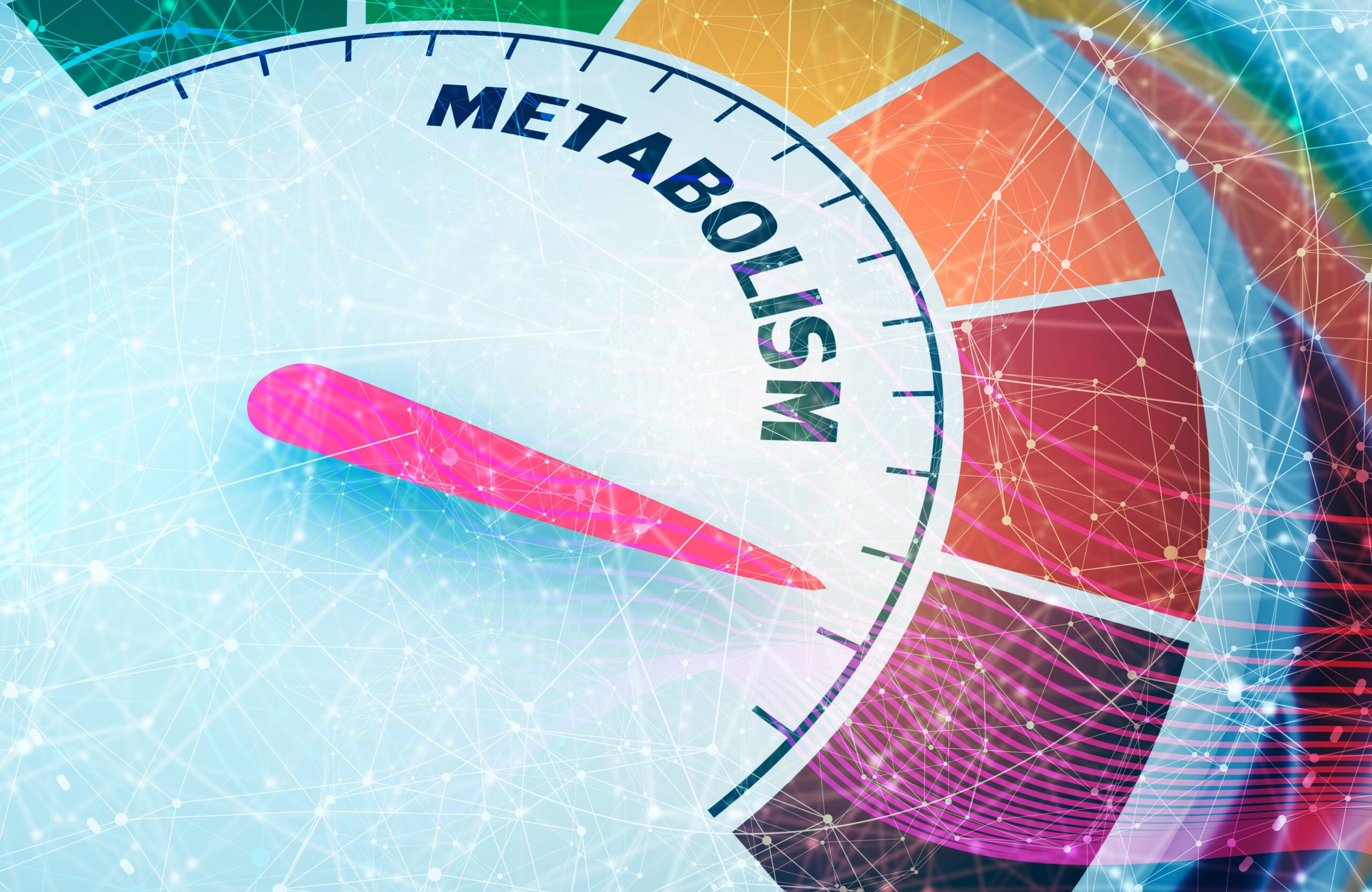Feel more in control around food
What is secret eating?
As you may have already guessed, secret eating is a form of disordered eating where someone will deliberately hide what they are eating, or how much they are eating, from other people.
This may involve finding a place to eat where they know nobody will see them, or only eating at times where nobody is likely to be around – for example, staying up late to eat after everybody else has gone to bed.
Secret eating behaviours can begin in childhood and continue long into adulthood, forming a vicious cycle that may seem impossible to break. In fact, one study found that 27.2% of children reported sneaking, hiding, or hoarding food1, while another study demonstrated how this figure may be as high as 34% in adolescents2.
In a further study, 54% of adult participants with diagnosed binge eating disorder admitted to secretive eating, separate to their binge eating behaviour3.
Why am I eating in secret?
Secret eating is often driven by psychological factors such as stress, guilt, shame, or feeling like you are out of control. Eating by yourself, on your own terms, is one way of regaining this control and avoiding perceived judgment from others surrounding your eating habits.
This behaviour can stem from early on in development, especially if you have been raised with a lot of negative associations surrounding food. This may be from your peers, diet culture in the media, societal standards or even from your own family.
In fact, the same study that found 27.2% of children engaged in secret eating also discovered that 57.5% of parents involved endorsed parental control of feeding.
If you have developed secret eating behaviours through guilt, fear, shame, embarrassment or simply wanting to be in control, this can be a tough habit to break. Luckily, we have a few pieces of advice that may help you get on top of your secret eating once and for all.
Our top 3 tips for stopping secret eating:
Be compassionate and accepting towards yourself
The first step in overcoming secret eating is to show yourself compassion. Eating should never be something to be ashamed of or hidden – it is something that should be enjoyed and shared with others!
Being accepting of your eating habits and being kinder towards yourself about those habits is key to developing a healthier relationship with food. Diet culture has taught us to feel guilt and shame surrounding certain foods, but this mindset is extremely damaging and will only help contribute to the cycle of secret eating.
It’s important to remember that no food is inherently ‘good’ or ‘bad’ – food is nutrients, nourishment, and enjoyment!
2. Find alternative ways of regaining control
Eating in secret is not the only way of feeling in control – there are many other methods you can use which are not only more productive, but more empowering.
Finding something you enjoy doing can enable you to distract yourself from any negative emotions you may be experiencing, especially those which may make you feel driven to secret eating.
For example, many people find they get a lot of enjoyment from things like creating art, listening to their favourite music or engaging in physical activity. This might also help you to get that sense of control from something other than secret eating.
3. Speak to a qualified professional
One of the best things you can do to help heal your relationship with food is to talk to a healthcare specialist, such as a dietitian. They will be able to give you the support you need to break the cycle of secret eating once and for all, so you can finally find food freedom.
At EHL, that’s exactly what we’re here for!
If you’re struggling with secret eating and would like expert advice on how to escape this habit, we can help. Our team of registered dietitians are here to provide you with tailored, 1:1 coaching that will enable you to rebuild a healthy relationship with food and feel empowered, not ashamed of your eating habits.
Contact us now at [email protected] for more information!
EHL Team x
Robin Wileman, EHL student dietitian intern
References
1 Sonneville, K. R., Rifas-Shiman, S. L., Haines, J., Gortmaker, S., Mitchell, K. F., Gillman, M. W., & Taveras, E. M. (2013). Associations of Parental Control of Feeding with Eating in the Absence of Hunger and Food Sneaking, Hiding, and Hoarding. Childhood Obesity, 9(4), 346–349. https://doi.org/10.1089/chi.2012.0149
2 Knatz, S., Maginot, T., Story, M., Neumark-Sztainer, D., & Boutelle, K. (2011). Prevalence Rates and Psychological Predictors of Secretive Eating in Overweight and Obese Adolescents. Childhood Obesity, 7(1), 30–35. https://doi.org/10.1089/chi.2011.0515.knatz
3 Lydecker, J. A., & Grilo, C. M. (2019). I didn’t want them to see: Secretive eating among adults with binge-eating disorder. International Journal of Eating Disorders, 52(2), 153–158. https://doi.org/10.1002/eat.23002




